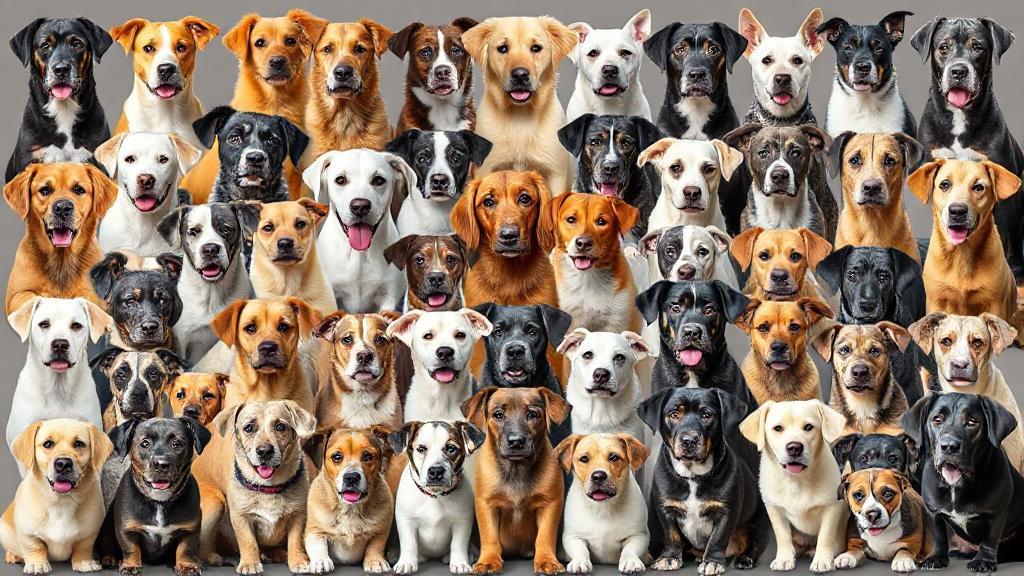The Complex World of Canine Classifications 🐶
Understanding Official Recognition
The number of dog breeds in the world varies significantly depending on which organization you consult. The two most prominent kennel clubs provide different counts:
- The Fédération Cynologique Internationale (FCI): Recognizes 360 breeds
- The American Kennel Club (AKC): Recognizes 200 breeds
Other notable organizations include:
- The Kennel Club (UK): 222 breeds
- Canadian Kennel Club: 175 breeds
Classification Systems
AKC Classification
The AKC categorizes their recognized breeds into seven groups:
- Sporting
- Hound
- Working
- Terrier
- Toy
- Non-Sporting
- Herding
FCI Classification
The FCI uses a more detailed system with ten groups:
- Sheepdogs and Cattle Dogs
- Pinscher and Schnauzer - Molossoid Breeds - Swiss Mountain and Cattle Dogs
- Terriers
- Dachshunds
- Spitz and Primitive Types
- Scenthounds and Related Breeds
- Pointing Dogs
- Retrievers - Flushing Dogs - Water Dogs
- Companion and Toy Dogs
- Sighthounds
Factors Affecting Breed Numbers
Several challenges complicate the exact counting of dog breeds:
- Regional Preferences
- Historical Development
- Standards and Criteria
- Cross-breeding and designer breeds
- Disputed breed status
- Extinct breeds being recreated
- Regional variations
"The concept of breed is man-made and somewhat arbitrary" - Dr. Stanley Coren, canine psychologist
Breed Recognition Requirements
To be officially recognized, breeds typically must meet these criteria:
- Distinct physical characteristics
- Consistent temperament traits
- Documented breeding history
- Sufficient population size
- Established breed standard
Beyond Official Recognition
The true diversity of dogs extends beyond officially recognized breeds:
Designer Dogs
Popular crossbreeds include:
- Labradoodle (Labrador Retriever and Poodle mix)
- Cockapoo (Cocker Spaniel and Poodle mix)
Recent Additions
Some of the newest officially recognized breeds include:
- Biewer Terrier
- Belgian Laekenois
- Grand Basset Griffon Vendéen
Scientific Perspective
Research published in the Journal of Heredity suggests that modern dogs can be grouped into about 23 major genetic clusters, despite the hundreds of recognized breeds.
For more information, visit:
While most experts agree there are between 300-400 established breeds worldwide, the true number continues to evolve as new breeds are developed and others gain recognition. The diversity of dog breeds reflects the remarkable adaptability of our canine companions and their enduring partnership with humans. 🐕❤️
